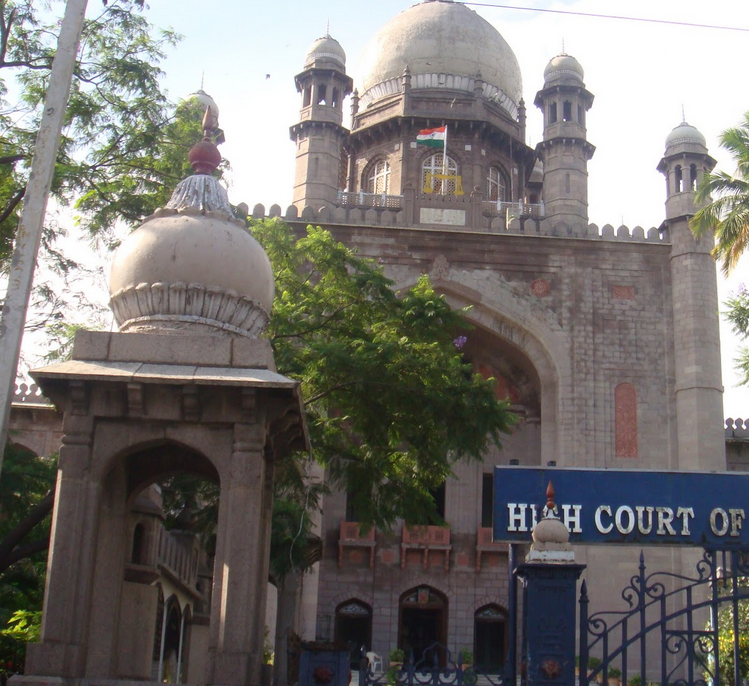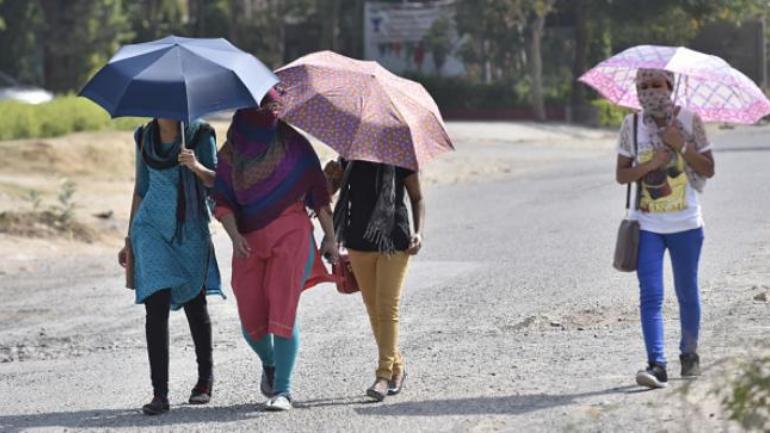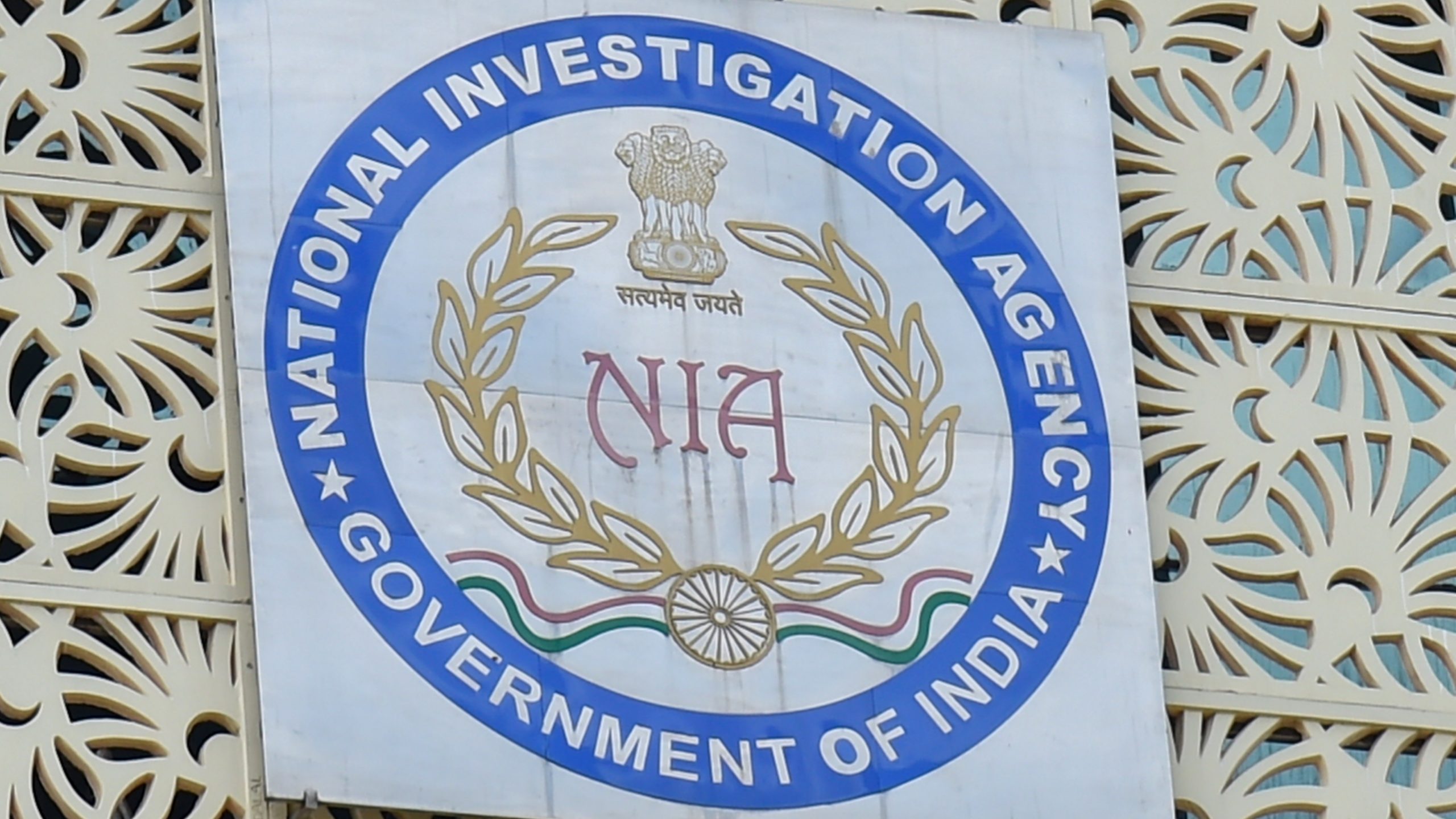Drunkenness can't absolve murderer of responsibility: Hyderabad High Court
Mon 27 Feb 2017, 19:45:03

HYDERABAD:The Hyderabad High Court has held that mere drunkenness cannot be pleaded as a ground for acquittal of the charge of murder. It may be taken as a defence only when drunkenness is such that the offender is incapable of forming an intention and having knowledge that his act is likely to cause death.
A division bench, comprising justices C V Nagarjuna Reddy and M S K Jaiswal, made this observation on an appeal made by a person who was convicted and sentenced to undergo life imprisonment by the III Additional Metropolitan Sessions Judge, Hyderabad.
The case of the prosecution is that the appellant was addicted to liquor and used to visit the house of the deceased, his second wife, in a fully intoxicated condition, quarrel with her and beat and torture her for not giving him money to buy liquor.
His first wife resides in another area of the city.
On the night when the murder took place, the appellant went to the house of his second wife in a drunken state and started quarrelling with her. Neighbours intervened to pacify them and, for a while, the woman went to her mother's house which was nearby. But the man followed her and brought her back to his house and closed the doors. In a fully inebriated condition he poured petrol over her in the presence of his two minor daughters and set her ablaze in the bathroom. Unable to bear the pain caused by the burns, the woman ran out of her home to her mother's. Immediately, her mother and elder sister alerted the
Humayunnagar police who took the injured woman to Osmania General Hospital for treatment of her burns. The magistrate concerned visited the hospital and recorded her dying declaration. She succumbed to the burns the next day.
Based on the complaint and information furnished by witnesses, police registered a case under Sec 302 of IPC (murder) and arrested the man. After completing investigation, police filed a charge sheet in the
lower court. After a full-fledged trial, the lower court found the man guilty and sentenced him to life imprisonment. Contesting it, he filed an appeal before the HC.
lower court. After a full-fledged trial, the lower court found the man guilty and sentenced him to life imprisonment. Contesting it, he filed an appeal before the HC.
The counsel for the appellant submitted that even if the appellant was responsible for the death of the woman, as the evidence on record clearly showed that he was in a drunken condition, he would not have had the intention or knowledge to kill his wife. "The case is based wholly on circumstantial evidence and that the prosecution could not prove the guilt of the accused beyond all reasonable doubts," he argued.
The public prosecutor, relying on the judgment of the Supreme Court in the Santosh vs State of Maharashtra case, said that mere drunken condition of the appellant cannot save him from criminal liability for murdering his wife.
After hearing both the sides and perusing the material on record which included the dying declaration, the bench said that it was convinced that the statement of the woman in her dying declaration was natural and that there were no signs of tutoring by any one.
In the dying declaration, she made one significant statement that the appellant behaved friendly when he was not drunk and he quarrelled and harassed her only when he was drunk. Though the appellant may not have had the intention of causing death of her, he would have had at least the knowledge of causing the bodily injuries which were likely to cause her death, the bench observed and opined it was a fit case where the appellant was liable to be convicted for the offence punishable under Section 304 Part I IPC instead of Section 302 IPC.
While allowing the appeal partly, the bench converted the punishment awarded by the lower court under Section 302 IPC to that of the offence punishable under Section 304 Part-I IPC, and the sentence of life imprisonment was modified to that of imprisonment for a period of 10 years.
No Comments For This Post, Be first to write a Comment.
Most viewed from Hyderabad
Most viewed from World
AIMIM News
Latest Urdu News
Most Viewed
May 26, 2020
Do you think Canada-India relations will improve under New PM Mark Carney?
Latest Videos View All
Like Us
Home
About Us
Advertise With Us
All Polls
Epaper Archives
Privacy Policy
Contact Us
Download Etemaad App
© 2025 Etemaad Daily News, All Rights Reserved.



.jpg)
.jpg)
.jpg)
.jpg)
.jpg)
.jpg)
.jpg)
.jpg)
.jpg)






























